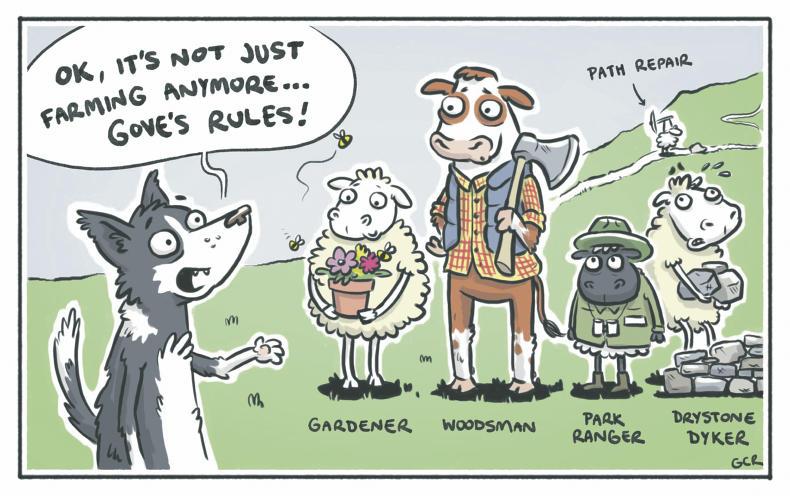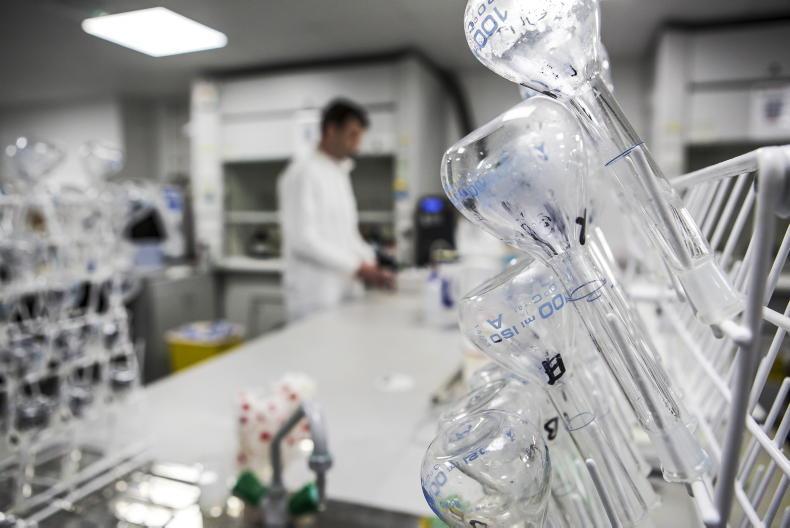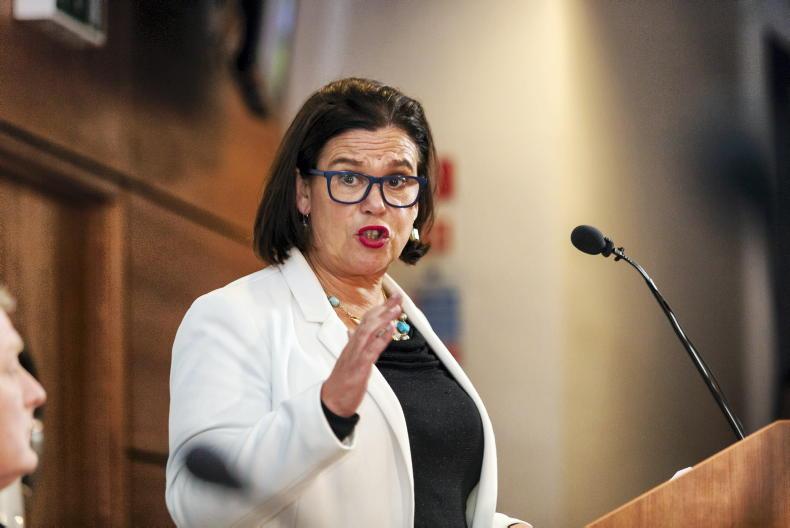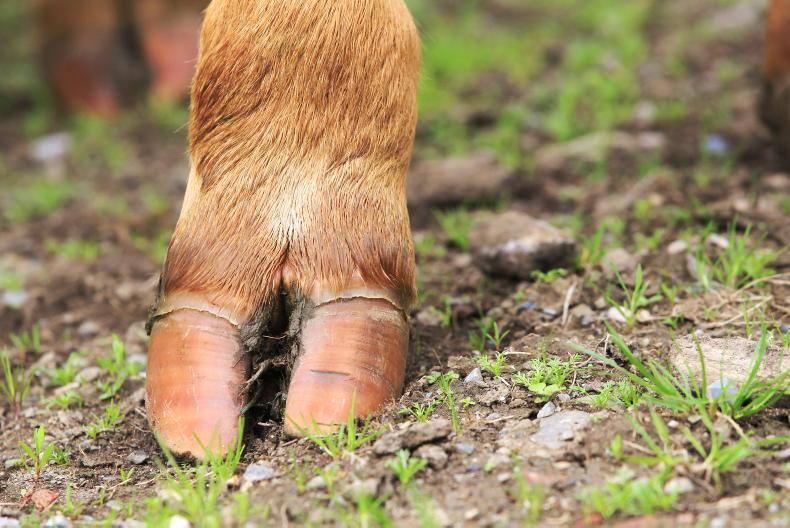As Defra launches its post-Brexit Agriculture Bill, battle lines are being drawn on how much flexibility and money Scotland will have to create its own rural payments plan. Whilst Scotland is not taking powers directly from the bill, the Scottish Cabinet Secretary Fergus Ewing claims the Westminster bill could spell the end of the Less Favoured Areas Support scheme (LFASS) and the beef calf scheme.
The UK government’s paper states that Westminster will control the UK agriculture budget, with the ability to “set different limits for different classes of domestic support” across the UK. This would allow the UK government to have a say in whether schemes like the beef calf scheme or Basic Area Support would continue once the UK leaves the EU. Furthermore, the UK government would arbitrate if devolved administrations were to object to other devolved administrations’ rural payment schemes.
However, whilst Wales and Northern Ireland have signed up to using the Agricultural Bill, Scotland is yet to agree to a framework. This week, the UK Secretary of state for Scotland, David Mundell MP said that “time is running out for the Scottish Government to act”, however, the Scottish Government says that detailed plans are impossible without greater funding clarity.
[CROSSHEAD?] English farmers will lose all direct payments after 2027 with payments phased out from 2021.
The Bill focuses heavily on rewarding farmers for environmental benefits, with direct payments to be phased out by 2027. Defra secretary Michael Gove said, “This Bill will allow us to reward farmers who protect our environment, leaving the countryside in a cleaner, greener and healthier state for future generations.”
Focusing payments on the environment means farmers in England will receive no money linked to producing food, which NFU President Minette Batters has criticised, saying “A future agricultural policy that ignores food production will be damaging for farmers and the public alike.”
Defra Secretary, Michael Gove proposes de-linking payments from farming, allowing farmers to receive remaining direct payments until 2027, regardless of their activity. Farmers can also take the option of a lump sum payment. The Government’s aim is to allow farms to expand, new entrants to come into the sector and adjust the EU’s inspection and penalty regime.
The new Environmental Land Management scheme will be central to future farm support with trials starting next year before coming into place in 2025. It will pay farmers to
Improve air and water quality and soil health;
Provide wildlife habitats for wildlife;
Reduce flood risk;
Help prevent climate change;
Improve public access to the countryside; and
Protect iconic features.
Other measures include a UK shared prosperity fund for farm research and development, and an increase in animal welfare and health with measures in place by 2025. From 2021 there will be transitional support schemes on offer for farmers looking to build farm capability to manage risk, improve productivity and deliver public goods.
The bill states direct payments will remain the same in 2019 with greening, young farmers and Basic Payment scheme run on the same rules as now. Defra plans to pay farmers under the same criteria for 2020 but will start to make some ‘simplifications.’ From 2021 direct payments will start to be cut before finishing in 2027. The larger payments will be more heavily cut compared to smaller amounts of support. Minette Batters is calling on the Government to be able to “pause the process if it is proving unmanageable for farmers, and if our domestic food supply and food security are under threat.”
The new schemes will require significant IT upgrades with work already started with over 1,300 new staff in place by March this year. Despite the Bill marking progress towards Brexit it comes two months later than hoped, and the National Audit office has said that Defra needs 151 statutory instruments in 2018 for EU Exit and non-EU business, more than double the average over the past eight years.









SHARING OPTIONS